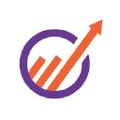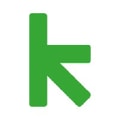
5.0
(1)
Free plan available
Crevio is a platform for creators to sell digital products, services, courses and access to other 3rd-...
Learn more about Crevio

4.7
(9,320)
Free plan available
More than just a task management tool, ClickUp is a 360-degree productivity suite that offers function...
Learn more about ClickUp
Compare

3.8
(24)
Starting at $99.00/month
EasyWebinar is a cloud-based webinar platform that supports real-time chat and event scheduling along ...
Learn more about EasyWebinar
Compare

4.5
(323)
Starting at $359.00/month
Vendasta is a marketing software company that offers a fully comprehensive operating platform for loca...
Learn more about Vendasta
Compare
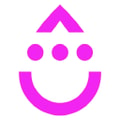
4.4
(459)
Starting at $39.00/month
Connect, engage, and relate to every customer on a personal level with smarter ecommerce marketing aut...
Learn more about Drip
Compare
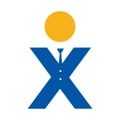
4.5
(3,028)
Starting at $25.95/month
Nextiva is a top-rated business phone solution that is one of the most well-known options available to...
Learn more about Nextiva
Compare
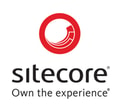
3.9
(367)
Sitecore Experience Platform is a cloud-based content management system built to help companies mainta...
Learn more about Sitecore Experien...
Compare

4.2
(3,509)
Free plan available
Harping on its versatility, Wrike is a project management software that features highly customizable d...
Learn more about Wrike
Compare

4.5
(10,875)
ActiveCampaign is an integrated marketing tool that easily automates email marketing strategies and cr...
Learn more about ActiveCampaign fo...
Compare
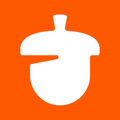
4.3
(977)
Starting at $20.00/seat/month
Nutshell is a customer relationship management (CRM) software that helps businesses manage their sales...
Learn more about Nutshell
Compare
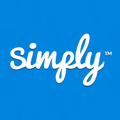
4.5
(41)
$15.00/user/month
Simply CRM is a customer relationship management platform designed to streamline and automate sales, m...
Learn more about Simply CRM
Compare
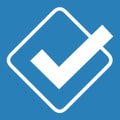
4.9
(576)
Starting at $15.00/seat/month
Less Annoying CRM is a popular customer relationship management solution deployed via the cloud and of...
Learn more about Less Annoying CRM
Compare
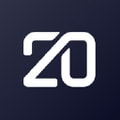
$9.00/seat/month
Twenty is an open-source Customer Relationship Management (CRM) system designed to offer customizable ...
Learn more about Twenty
Compare
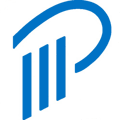
Starting at $25.00/seat/year
Avidian transforms Microsoft Outlook into a Customer Relationship Management solution that fuses the f...
Learn more about Prophet CRM by Av...
Compare
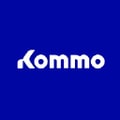
Starting at $15.00/seat/month
amoCRM provides customer with access to major messenger platforms that makes connecting with audiences...
Learn more about Kommo
Compare

4.8
(65)
€40.00/seat/month
Recruit CRM is a comprehensive ATS+ CRM solution specifically tailored for recruitment and executive s...
Learn more about Recruit CRM
Compare
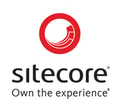
Sitecore Experience Platform is a cloud-based content management system for businesses to maintain cus...
Learn more about Sitecore Experien...
Compare
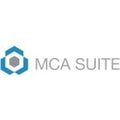
5.0
(1)
MCA Suite is a merchant cash advance CRM ideal for brokers or funders, with all the components necessa...
Learn more about MCA Suite
Compare
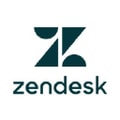
$19.00//month
Zendesk CRM is a robust customer relationship management software designed to streamline communication...
Learn more about Zendesk CRM
Compare

3.9
(109)
$179.00//month
Salsa CRM is a specialized customer relationship management software tailored for nonprofit organizati...
Learn more about Salsa CRM
Compare

4.3
(48)
Starting at $59.00/month
Teamleader is a versatile CRM software designed to streamline customer relationship management, projec...
Learn more about Teamleader
Compare
